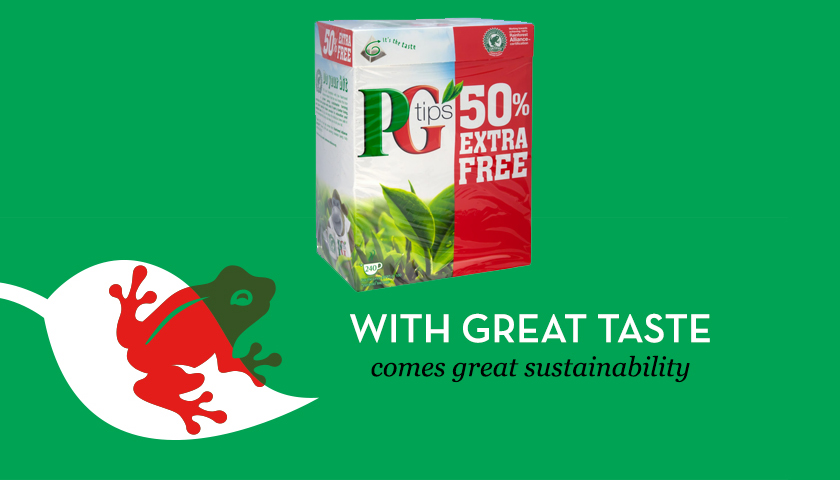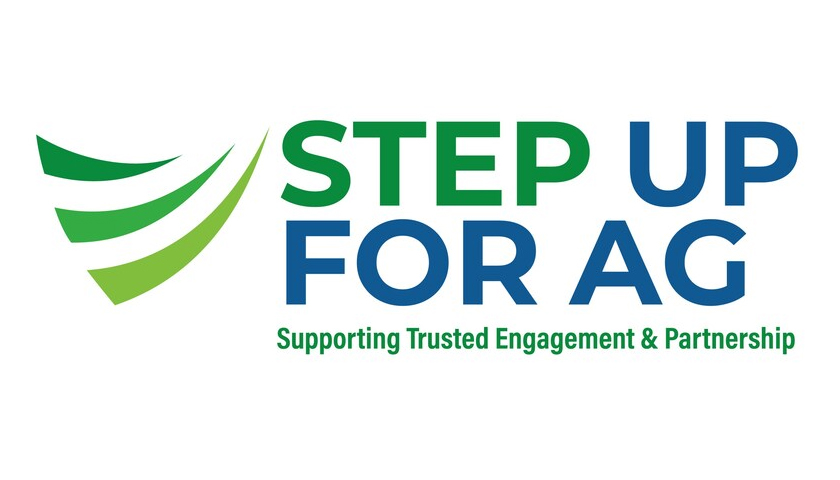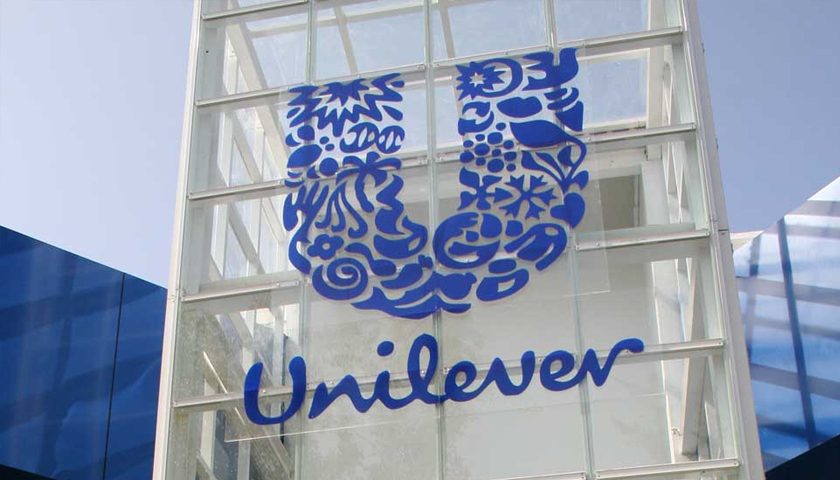PG tips tea bags will be made with new plant-based material that is 100% renewable and biodegradable.
- PG tips tea bags will be made with new plant-based material that is 100% renewable and biodegradable
- The first run of tea bags made with the new material are ready to hit the shelves from next week
- PG tips working to make all tea bags from 100% plant based material by the end of the year
Today PG tips is announcing the latest step in its journey to improve the impact of products on the environment by moving to fully biodegradable, plant based material in the nation’s favourite tea bag, PG tips, over the course of 2018.
As part of an initial run, the new tea bags have been made using a new material that is 100% plant-based and 100% renewable. Unlike polypropylene the new material is made from corn starch and is fully biodegradable. The aim is that all tea bags manufactured will use the new material by the end of 2018.
Noel Clarke, Vice President Refreshment, Unilever: “Tea is the most consumed beverage after water in the UK 1 with 9 billion PG tips tea bags made every year and after 85 years of making PG tips, we have a great understanding on how brits love their tea. The new 100% plant based material we’re moving to is an innovation based on cutting edge science and technology and we’re all really excited that, starting from now, the PG tips that you know and love will come from 100% plant based material from a renewable source that’s fully biodegradable.”
Mike Falconer Hall, Organics Programme Manager, WRAP: “We’re keen to see the UK’s tea drinkers recycle their tea bags and it’s great to hear that PG tips is helping them to do this with the introduction of their new fully biodegradable tea bag. If you have a food waste recycling collection in your area, you can put your used tea bags in there. Alternatively, you could pop it into your home composter, however, our climate means it can take a long time to break down, so you may want to sieve out the leftover part of your tea bag and discard it or dig in with the compost.”
PG tips pyramid bags are currently made mostly with paper, with a small amount of polypropylene used to seal the tea bag, a method used widely across the industry. R&D scientists at Unilever have been actively exploring plant based alternatives for PG tips for some time and have already converted some ranges in Canada, Poland and Indonesia.
This is the latest move from PG tips and Unilever to reduce the environmental impact of the way products are manufactured and used. PG tips was the first major UK tea brand to sell fully Rainforest Alliance certified black and green teas.
Unilever’s tea brands, including PG tips, are continually finding new ways to make a difference to products. The announcement today provides another option for people who may have concerns about the sustainability of the material used to produce tea bags.


